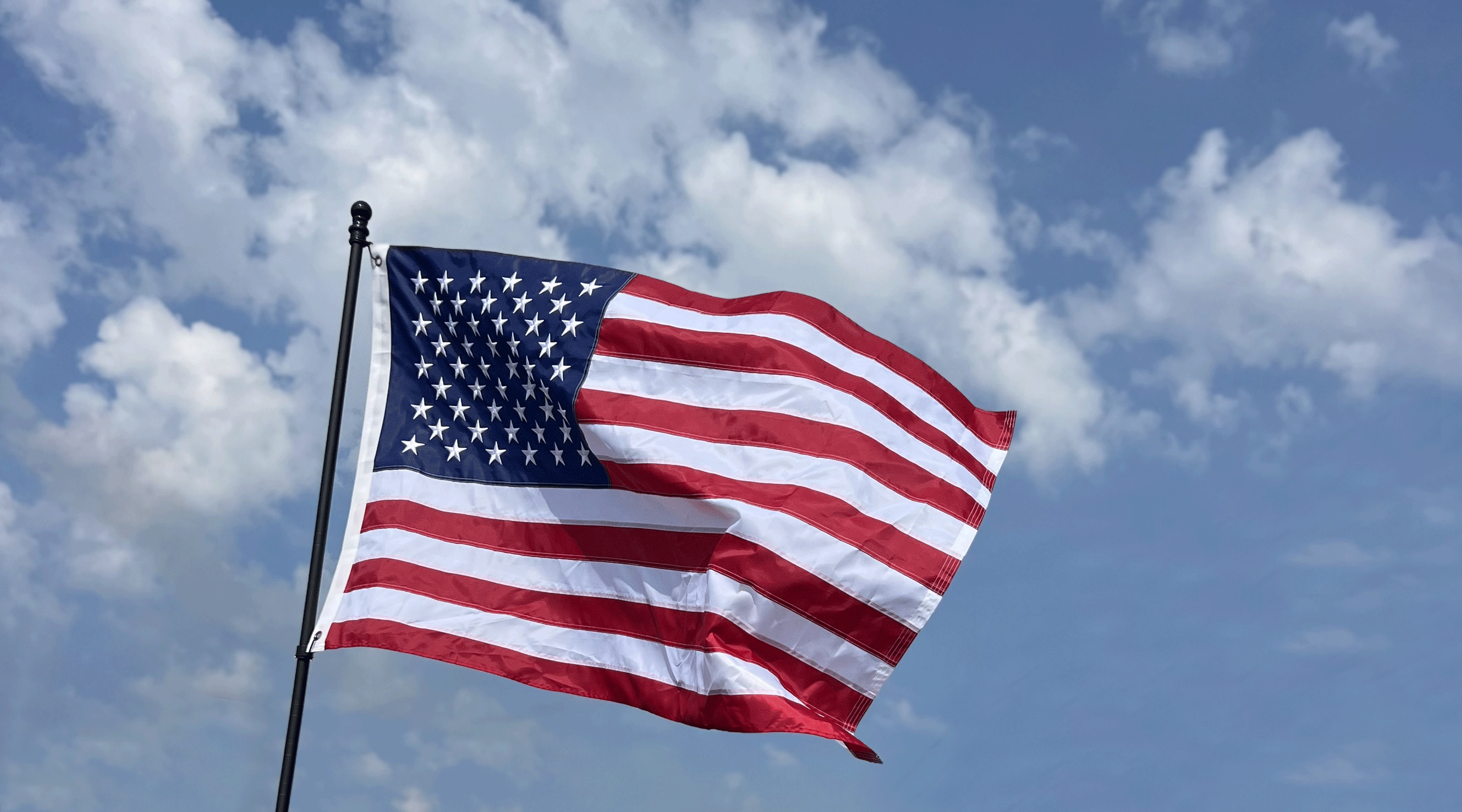Syndicate
Franklin and the Free Press
Published April 4, 2017
Written by Arthur Milikh, formerly of The Heritage Foundation
Photography by Simply American
In order to get at Franklin’s perspective on the press in America, we need to take a step back to get a sense of its powers.
From The Heritage Foundation:
Many Americans today have an ambivalent stance toward the free press. On the one hand, nearly all citizens assent to the idealism that originally justified its creation: We value the discovery and circulation of the truth, and the prevention of governmental tyranny. As such, the press is meant to serve both intellectual and political liberty. Yet, on the other hand, few citizens directly experience this idealism, feeling instead the press’s forcefulness, flattery, vehemence, and sometimes fanaticism—often akin to warfare directed at their minds and sentiments. Rather than heading off intellectual and political dogma, the press often creates or disseminates it. A great disparity thus exists between the press’s ideals and its practice today.
As originally understood by many of America’s founders, the open circulation of the truth through the press would serve both society and the individual. As Thomas Jefferson explains,
No experiment can be more interesting than that we are now trying, and which we trust will end in establishing the fact, that man may be governed by reason and truth. Our first object should therefore be, to leave open to him all the avenues to truth. The most effectual hitherto found, is the freedom of the press.
In addition, many of America’s founders also understood the press as an essential bulwark against government for the securing of individual rights. Jefferson, again, summarizes:
I am… for freedom of the press, and against all violations of the constitution to silence by force and not by reason the complaints or criticisms, just or unjust, of our citizens against the conduct of their agents.
The press, and especially the mass press, is a means by which to enforce accountability and responsibility in the government, and to thereby compel government’s virtue. Moreover, newspapers even help “maintain civilization,” as Alexis de Tocqueville observes in Democracy in America. By giving democratic citizens common opinions, common sympathies, and a resource for common action, newspapers can help prevent the individuation and isolation of citizens to which democracy disposes them.
These idealistic aims markedly diverge from the mass press’s actual behavior and its effects on republicanism. And that is not a new problem. During America’s founding, as historian Leonard Levy observes, an “extraordinary partisanship, vitality, and invective had become ordinary” in the press. Indeed, today’s press has similar inclinations, often imposing onto the public its taste for derision and ridicule, which it substitutes for depth and thoughtfulness. Examples abound, but consider the Huffington Post’s editor’s note, added to nearly every article referencing Donald Trump during the 2016 election:
Donald Trump regularly incites political violence and is a serial liar, rampant xenophobe, racist, misogynist and birther who has repeatedly pledged to ban all Muslims—1.6 billion members of an entire religion—from entering the U.S.
Not stopping at public figures, the press also satisfies its penchant for crushing the will of private citizens and groups through shame and fear, making them feel their smallness and brittleness. Its behavior, in sum, often discloses the press’s tacit opinion concerning America’s moral hierarchy: that the press is not merely a fourth estate, but the judge of would-be rulers, and therefore the master, or at least the kingmaker. Yet it remains unclear whether the press rules with the spirit of humanity and prudence, or whether it is animated by the desire to dominate the public mind. It frequently vacillates between these extremes.
By contrast to the early Jefferson, Benjamin Franklin had no illusions about the character of the press in America. Few serious thinkers have reflected with as much clarity on the nature of the press as Franklin. And no other thinker has had so much experience and commercial success in it. A lifelong defender of the freedom of the press, Franklin was nevertheless not uncritical of its effects.
The opinions expressed within this article are the author’s and do not necessarily reflect the positions and beliefs of Simply American or its affiliates.
Original Article
To read the full article, please visit The Heritage Foundation.
Contact Publisher
For more information on The Heritage Foundation, please visit their website.



